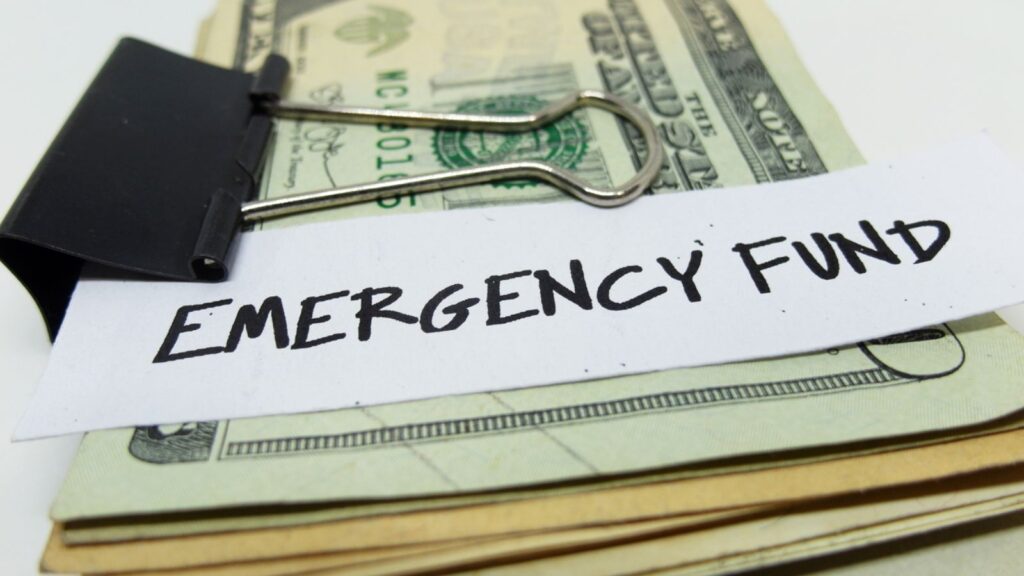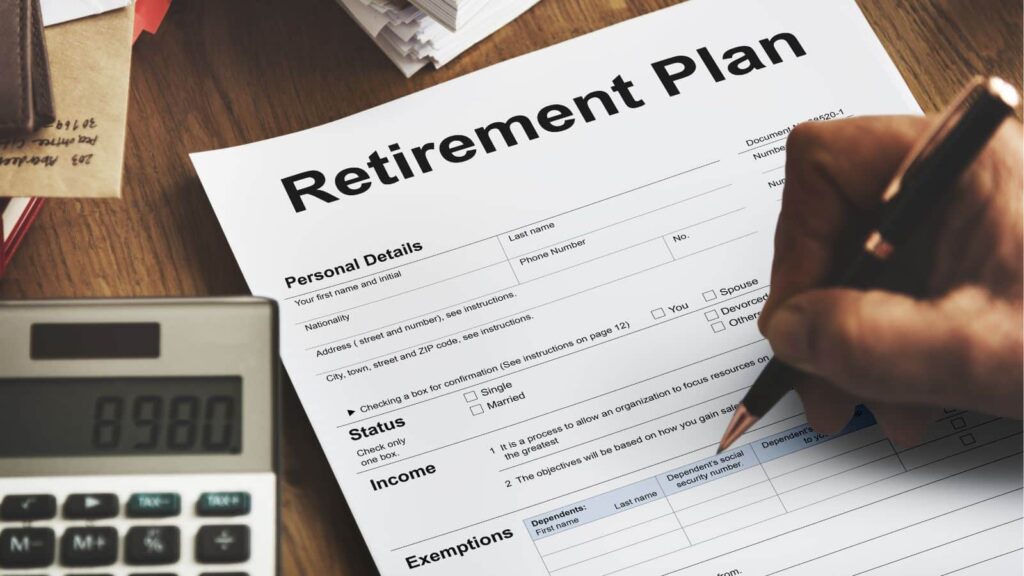On the “Afford Anything” podcast, Suze Orman, a financial expert, shared her thoughts on how much people should save for retirement. She argued that $2 million in savings simply isn’t enough for retirees to support themselves. Let’s take a look at what she said and the consequences of this.
The $2 Million Dream

Orman said that $2 million was “mere pocket change” in today’s economy. While that sounds harsh, some people believe she has a point, given that living costs are soaring. People’s savings may not stretch as far as they think, so they should think carefully about whether they’re really ready to retire.
Not Enough Funds

In the podcast, Orman pointed out that even a stash of $2 million can run dry quite quickly with things like unexpected medical bills or even helping out your family. These costs can sneak up on you and rise quite quickly, too. Before you know it, your safety blanket might feel like it’s practically non-existent.
Healthcare Isn’t Going Anywhere

One of Orman’s biggest concerns is healthcare, which can become a major drain on finances as people age. She encouraged people to think about the long-term rise in health expenses and suggested exploring health insurance options with extensive coverage for older people. This will prevent any unexpected medical pills from affecting their retirement plans.
The 4% Rule

Traditionally, economists have suggested that putting 4% of your yearly income into savings should be enough for you to retire comfortably, although Orman disagrees. She argued that $80,000 a year wouldn’t be enough because of rising taxes and healthcare needs. Orman claims that people need a lot more than just 4% in savings.
Aim Higher

In fact, Orman encouraged people to aim for $5 million in savings if they want to retire early. Although it certainly sounds like a lot, she argued that this could mean the difference between enjoying your golden years and spending every day worrying about money. In her view, $5 million is just enough to make a safety net.
Personal Plan

Even so, what works for one person may not work for another, and Orman argued that personalizing your financial plan is the most important of all. She encouraged people to speak with their financial advisors to make sure their retirement strategy fits their situation. $5 million could be enough for someone with a few assets but nowhere near enough for someone else.
The Appeal of Retiring Early

Many people are tempted to retire early, even with all the warnings against this. After all, who doesn’t want to quit their 9-to-5 so they can enjoy their hard-earned freedom? You should think carefully about your financial situation. If you can afford to retire now, are you sure you can continue to afford it in the future?
Financial Independence

There’s a big difference between being financially independent and being ready to retire early. Just because you can live without working doesn’t mean you should stop working altogether, and it may be better to just have the option instead of taking it. If you’re thinking about retiring early, make sure you’re really prepared for the day-to-day reality of retirement.
Bigger Economic Picture

You should also think about the bigger economic picture, as inflation and changes in the market can seriously affect your retirement savings. No matter how much you save, the world will change around your money, which could leave you with less. Keep an eye on how the global economy’s doing so you’ll know if you’ll have enough for retirement.
The Taxman

Don’t forget about your taxes, as any withdrawals you make from your retirement funds can have tax deductions. You should plan ahead so your taxes don’t affect your budget too much, or at least try exploring some tax-efficient ways to withdraw. Better yet, you should speak to a tax advisor who can optimize the whole thing for you.
Change Your Lifestyle

When you retire, you shouldn’t expect to have the same lifestyle that you have now, as living within your means becomes even more important when you’re not getting a regular paycheck. Instead, you should plan for a lifestyle that’s sustainable with your retirement savings. This could involve downsizing or cutting back on any unnecessary expenses.
Relying on Social Security

Depending on Social Security isn’t the best option because it’s not an infinite resource. Social Security should work as a supplement to your retirement income instead of being the main source of income. You should plan to have multiple income streams so that your financial foundation is more grounded.
Diversify, Diversify, Diversify

Another good tip is to diversify your investments so you can protect your money from any market downturns. You’re better off making sure you’re getting money from multiple sources by diversifying your investments so you’ll have some stability in the long haul. Try speaking to an investment advisor so you can build a portfolio that’ll last.
Choosing Assets

The right mix of investments can either make or break your financial future, so you need to think carefully about risk and safety. As you get closer to retirement, you might want to adjust this plan to make sure it fits with your age and retirement goals. This way, your savings will be stable and continue to grow.
Mentally Preparing

Of course, retiring is a huge financial change, but it’s also a mental one, too. Even if you’ve got enough money to last, you have to get in the right headspace to say goodbye to your working life. You need to be ready to fill your day with things that give your life meaning so you can truly enjoy those golden years.
Emergency Funds

Even if you have savings, you should always have a little extra as an emergency fund, as unexpected expenses don’t retire just because you do. Having that extra buffer can be really helpful and save you a lot of time and money. Your emergency fund should cover at least six months of living expenses, if not more.
Retirement Gap

Another important issue is the gap in retirement savings, especially among underserved communities. Many Americans don’t have a retirement plan at work, so they’re struggling to save for the future. Some companies are trying to fix this with auto-enrollment and auto-escalation plans so that people can start growing their savings.
Secure 2.0

Changes in legislation have also made saving for retirement easier, such as the Setting Every Community Up for Retirement Enhancement Act (SECURE Act). This aims to help people save more and give people more access to retirement plans. For example, people can make emergency early withdrawals from their retirement funds as long as they pay it back in time.
19 Grim Realities of Dating After 50 That Are Often Overlooked

19 Grim Realities of Dating After 50 That Are Often Overlooked
26 Things That Will Be Extinct Because Millennials Refuse to Buy Them

26 Things That Will Be Extinct Because Millennials Refuse to Buy Them
24 Outdated Slang Terms You Absolutely Shouldn’t Be Using Anymore

24 Outdated Slang Terms You Absolutely Shouldn’t Be Using Anymore
25 Hardest Parts About Getting Older That No One Ever Talks About

25 Hardest Parts About Getting Older That No One Ever Talks About






